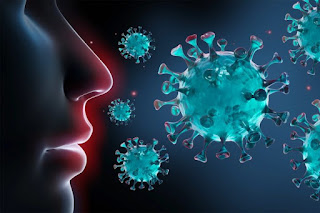Most vaccines contain infectious agents that contain part of the virus that they seek to fight, but the new “mRNA” vaccines provide the genetic instructions for human cells to make viral or bacterial proteins on their own, so the immune system responds to these instructions and builds the necessary immunity.
“MRNA” is a single-stranded molecule that is naturally present in all of our cells, and carries the instructions for making proteins from our genes, found in the cell nucleus, to the cytoplasm, the main body of our cells.
The enzymes in the cytoplasm translate the stored information and make proteins, according to Medical News Today.
Other vaccines use a virus or whole bacteria to teach our bodies how to build immunity against a pathogen, and these disease-causing agents are inactivated, which means weakening them.
The vaccine technology uses bacterial cells to make many copies of a specific viral or bacterial protein, and sometimes a small portion of the protein.
For its part, mRNA vaccines bypass this step, as they are chemically synthesized without the need for cells or pathogens, making the production process simpler.
MRNA vaccines carry information that allows our cells to make pathogen proteins or protein fragments of their own.
“MRNA” vaccines cannot cause any infection with “Covid-19” virus, as they do not carry the complete information to our cells to make the virus, and therefore they cannot cause infection.







